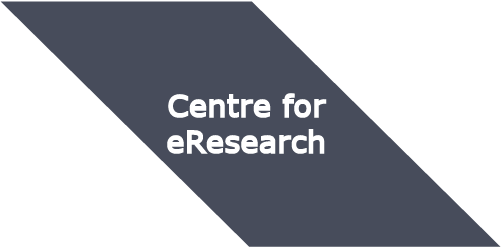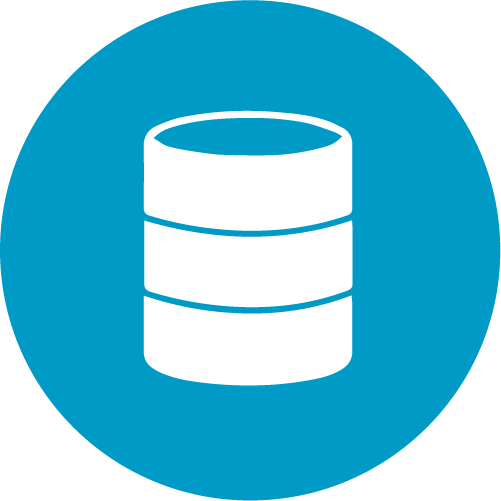
Research Data

Contact
Contact us at researchdata@auckland.ac.nz or find out more information on managing research data on the ResearchHub.
Research Data Management
The term research data encompasses the entire gamut of output generated by research at the University of Auckland. It may include anything created, collected, and/or generated in the course of research. RDM services facilitate the discovery, access, and reuse of research data. Proper leverage of RDM supports collaboration and enhances research impact. Additionally, funding bodies are increasingly requiring researchers to explicitly state their RDM approach in the form of data management plans (DMPs). The Centre for eResearch is working with both the Libraries and Learning Services, and IT Services to develop and promote the RDM knowledge and tools necessary to produce rigorous, high-impact research.
Research Data Management
The term research data encompasses the entire gamut of output generated by research at the University of Auckland. It may include anything created, collected, and/or generated in the course of research. RDM services facilitate the discovery, access, and reuse of research data. Proper leverage of RDM supports collaboration and enhances research impact. Additionally, funding bodies are increasingly requiring researchers to explicitly state their RDM approach in the form of data management plans (DMPs). The Centre for eResearch is working with both the Libraries and Learning Services, and IT Services to develop and promote the RDM knowledge and tools necessary to produce rigorous, high-impact research.
Data Transfer
The Centre for eResearch offers support for using Globus for high speed data transfer between University research drives and external locations within New Zealand, such as NeSI. While it is possible to use this service to collaborate internationally, additional set up is required.We can also offer consultations to researchers who need assistance with transferring data within the University and between the University and external sites or repositories. We will often collaborate with Connect Digital Service to meet with you and discuss your specific needs.
Data Publishing
In addition to data publishing advice, we support the University’s research data repository, institutional Figshare. Available since 2017, this service enables researchers to publish research data descriptions and documentation (or metadata) supporting others to discovery and reuse. data and artefacts.All published items are assigned a persistent digital object identifier (DOI) through DataCite and indexed by Google. For data that is sensitive, embargoed or otherwise restricted in access one can make use of metadata only records, private links and/or reserve DOI features. All data published to our institutional Figshare are stored locally on the University of Auckland storage systems.The Centre for eResearch collaborates with Connect Digital Services and Libraries and Learning Services to provide and support use of this predominantly self-service data publishing platform that is available to all University staff and doctoral students.
Instrument Data
The Centre for eResearch, in partnership with Connect Digital Services, offers support to researchers who seek effective data management solutions for their instrument data. We offer face-to-face consultations to understand the specific needs regarding your instrument data, and design solutions for storing, sharing, and transferring data. We can also point to appropriate avenues for publishing and archiving instrument data.
Workshops
In partnership with Libraries and Learning Services, the Centre for eResearch offers regular workshops aimed at PhD candidates, supervisors, principal investigators, and research staff to support research data management, data management planning and data publishing. Go to Research data support & training for details.